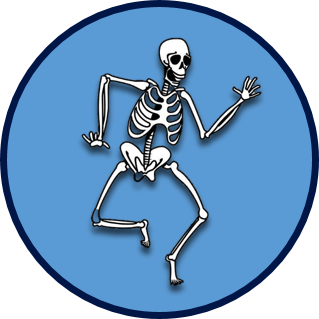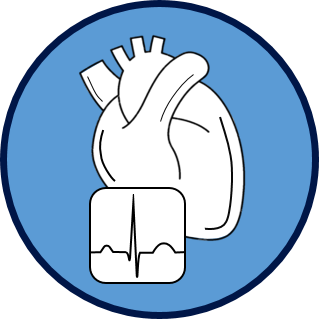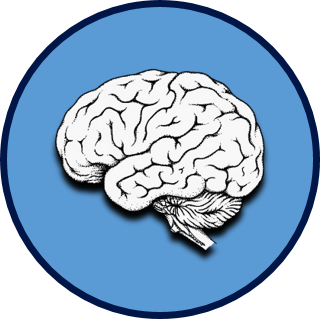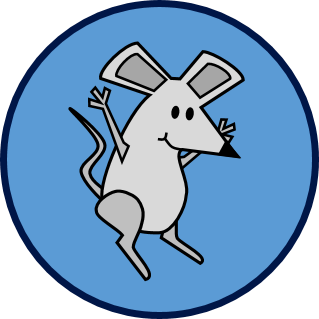Teaching
Dr. Cordeira enjoys teaching WCSU students in the following classes:
——————————————————————————————————————–
BIO105 – Anatomy & Physiology I

The first course in a two-semester sequence providing introduction to the structure and function of the human organism. Topics covered include: the integumentary, skeletal, muscular, and nervous systems. Laboratory exercises complement lecture.
——————————————————————————————————————–
BIO106 – Anatomy & Physiology II

The second course in a two-semester sequence providing introduction to the structure and function of the human organism. Topics covered include: the endocrine, circulatory, immune, respiratory, digestive, urinary and reproductive systems. Laboratory exercises complement lecture. *Note: a grade of C- or better in BIO105 is a prerequisite for BIO106.
——————————————————————————————————————–
BIO299 – Student Independent Research

Student Independent Study (SIS) is an individualized course which offers students opportunity to design and develop their own projects and learning experiences along with a faculty mentor. Biology students often use SIS as a way to get involved in research and, in some cases, develop skills to conduct BIO490 Advanced Senior Research. *Note: a brief SIS proposal is due April 23/Nov.23 in the semester before the project will be conducted.
——————————————————————————————————————–
BIO305 – Neuroscience

This course examines the fundamental structures of the brain and nervous system and details the central and peripheral pathways coordinating sensory input and behavior. Electrochemical mechanisms mediating nervous system function are studied in-depth. Physiology is discussed in the context of healthy and disease states. Current, special topics in neuroscience are presented, emphasizing new techniques and research in the field. Laboratory exercises supplement lecture. *Note: BIO106/BIO205, BIO260, and MAT115/120 are prerequisites.
——————————————————————————————————————–
BIO480 – Group Senior Research

Students learn the skills and techniques necessary to design and conduct a research project related to the specialty of the faculty member leading the course. Students participate in laboratory and written activities and engage in peer discussion and evaluation of primary literature. The course includes seminar attendance requirements, and may include guest presentations, field trips and other experiences designed to inspire student interest in real-life scientific investigation. By the end of the semester, each student will write a complete lab report, make a formal presentation to the department and complete a programmatic assessment test.
——————————————————————————————————————–
BIO490 – Advanced Senior Research

A collaboration between a student and a sponsoring faculty member in which students will design, conduct, and present an original research project in written and oral form. Students must negotiate a plan of action with a faculty member in advance and submit a written, hypothesis-driven proposal for approval by the Department by Apr.23/Nov.23 in the semester prior to enrollment in the course. Students interested in applying should meet with a faculty mentor early to discuss requisite skills (example: see SIS above), projects and availability.
——————————————————————————————————————–
BIO565 – Topics in Animal Behavior
A graduate course surveying select topics in ethology, the biological study of behavior. Students will study physiological mechanisms and evolutionary causes of behavior while critically evaluating primary literature. Students also engage in observational and experimental study to learn and apply techniques used to study animal behavior.